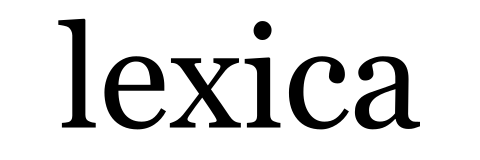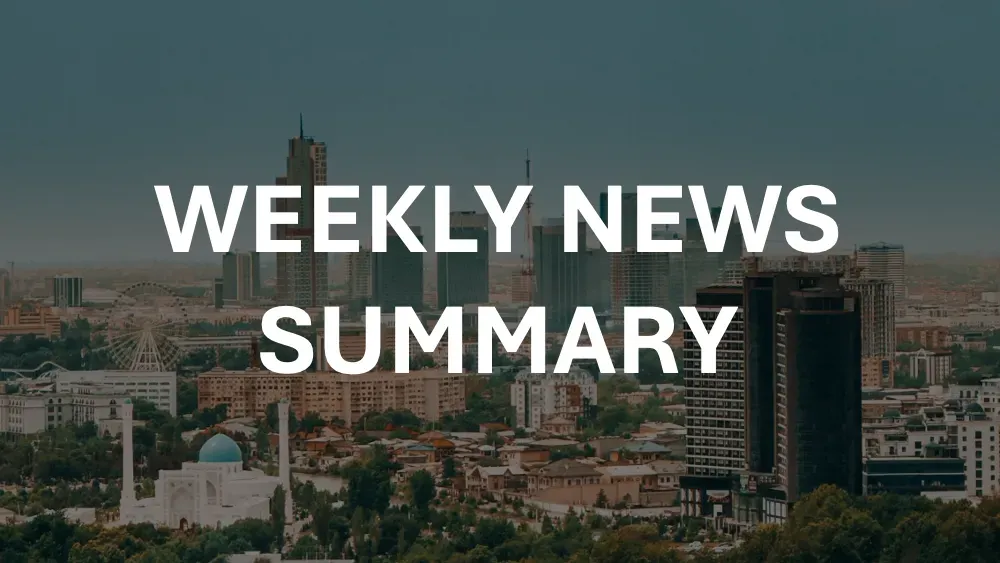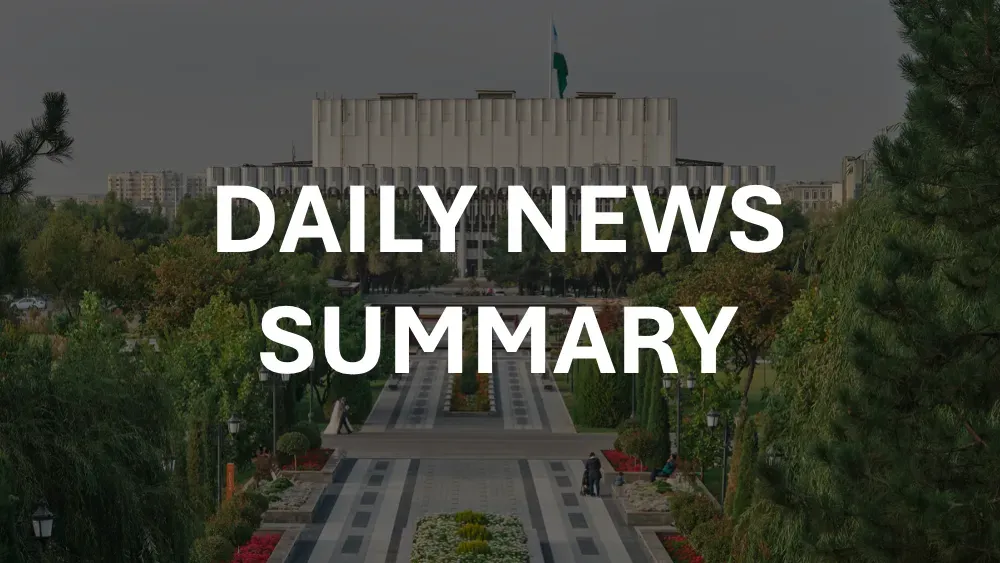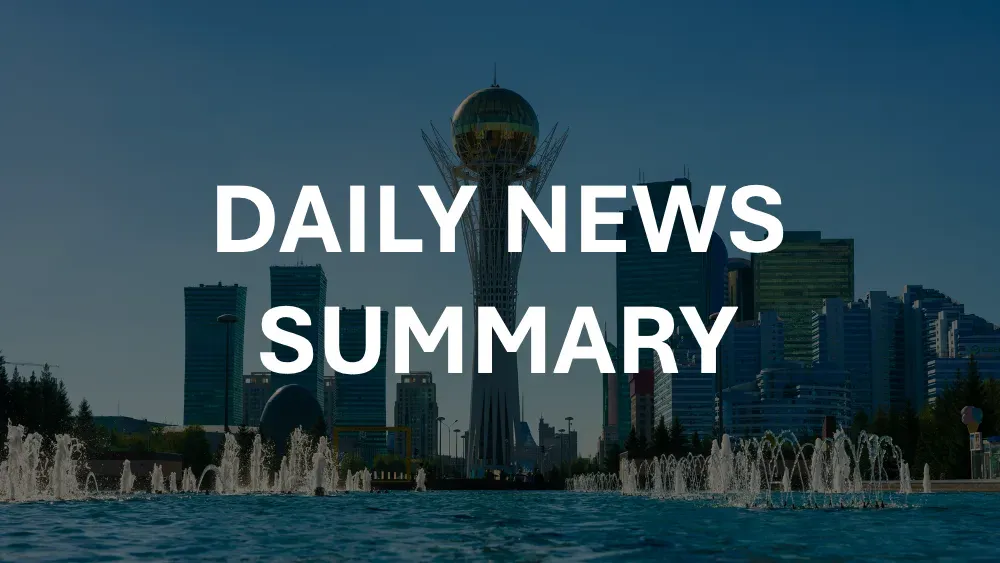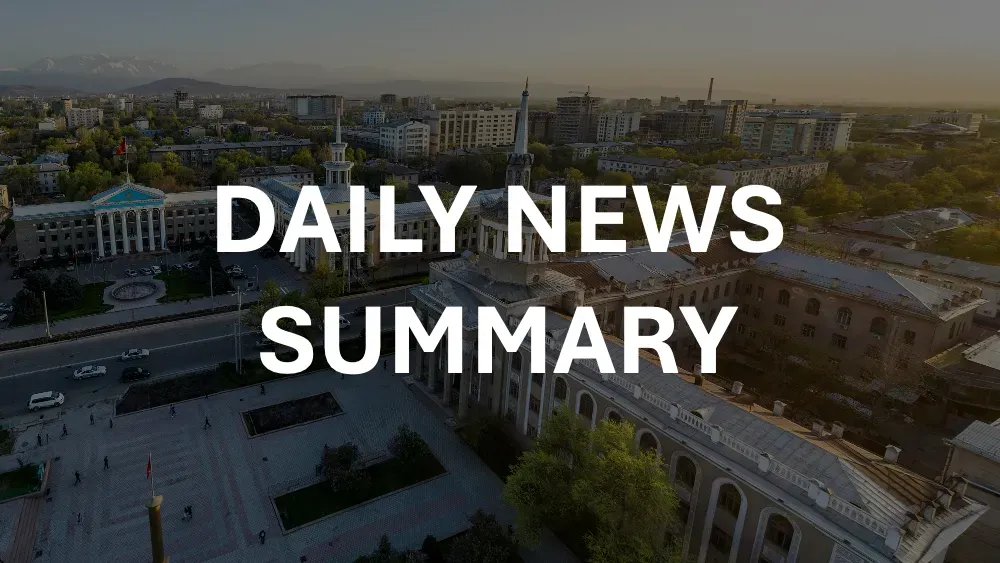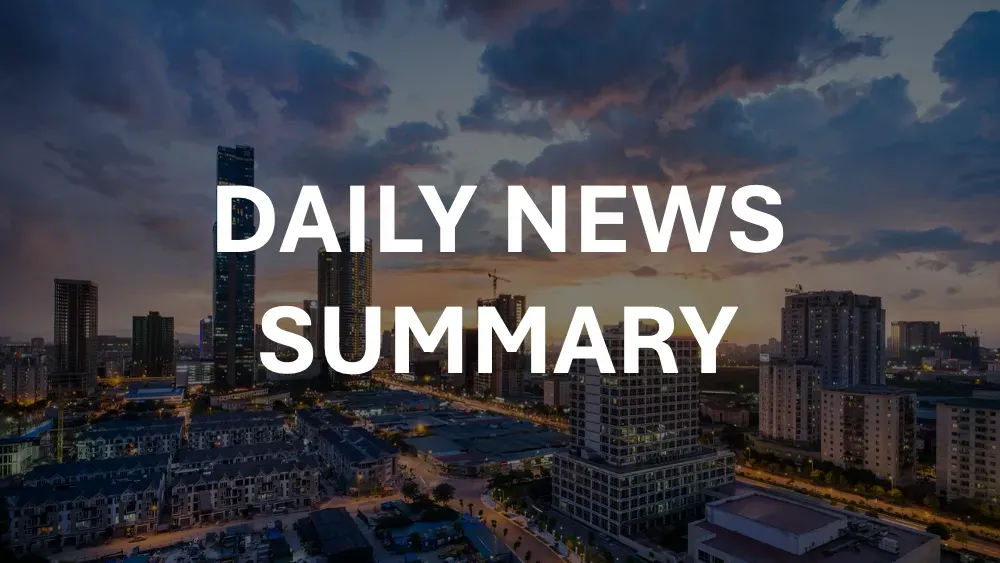This weekly digest showcases just 10 stories. Daily subscribers receive comprehensive intelligence briefs with 40 of the top stories organized by category. Don't miss the stories that matter.
Subscribe to Daily →
September 13, 2025 to September 19, 2025
This week's top 10 stories from Uzbekistan, selected from our daily intelligence briefs.
1. New Deals Deepen China–Uzbekistan Economic Integration with BRI Projects and Rail Link Advancing
Uzbekistan and China have deepened economic integration with a flurry of agreements — including investment protection, a double taxation avoidance pact, and most‑favored‑nation trade status — framed under the Belt and Road Initiative and reinforced by plans for accelerated industrial co‑production, high‑tech parks, and infrastructure upgrades across transport, telecoms and energy. Bilateral trade reached more than $14 billion in 2024 and grew 23% year‑to‑date, with China accounting for 17.7% of Uzbekistan’s trade in Jan–Jun 2025 and a joint target of $20 billion; investment pipelines exceed $60 billion (64 projects worth over $10 billion launched in 2024) and CNPC’s cumulative FDI tops $5 billion. Over 3,700 China‑backed joint ventures operate in Uzbekistan, with BYD localization and projects concentrated in renewables, petrochemicals, automotive and digital infrastructure.
Strategically, the China–Kyrgyzstan–Uzbekistan (CKU) railway has entered its practical phase and is slated for completion by 2030, promising to diversify Central Asian corridors, shorten China–Europe freight times, and enhance Uzbekistan’s role as a regional logistics hub while catalyzing harmonization of technical standards, financing and customs. Omani coverage also flags growing China–Uzbekistan tourism cooperation (16 joint projects) and potential Gulf co‑financing, signaling increasing third‑country investor interest; for international stakeholders, the developments imply expanded market access, concentrated sectoral opportunities, and the need to monitor project finance, implementation timelines and regulatory coordination.
Local Coverage: kun.uz, uza.uz
From daily briefs: 2025-09-14, 2025-09-16
2. Mirziyoyeva Meets WTO Director-General in Geneva to Discuss Accession Push
Uzbekistan’s Presidential Administration head Saida Mirziyoyeva met WTO Director‑General Ngozi Okonjo‑Iweala in Geneva to press Tashkent’s ongoing accession drive, focusing on reforms, remaining accession hurdles, and the need for trust and cooperation. Mirziyoyeva said they had “an open exchange” about deep domestic transformations and new challenges on the path to membership; the talks underline continuity in high‑level engagement with the WTO following President Shavkat Mirziyoyev’s May directive to expedite and systematize the process.
Over the past year Uzbekistan has accelerated negotiations, finalizing market‑access talks with Pakistan, Thailand, the United States, the United Kingdom and Switzerland, signaling concrete progress on tariff and services commitments. The Geneva meeting reinforces momentum but highlights that technical and political impediments remain as Tashkent aligns domestic reforms with WTO obligations — a process that will require sustained bilateral and multilateral confidence building.
Local Coverage: qalampir.uz
From daily brief: 2025-09-19
3. Potential First-Ever U.S. Presidential Visit to Central Asia Discussed as Mirziyoyev Courts Trump
Uzbekistan has publicly sought a landmark U.S. presidential visit to Central Asia, with President Shavkat Mirziyoyev telling Donald Trump on Sept. 5 that he was welcome to visit “at a convenient time,” according to Eurasianet. The call touched on critical minerals and business ties; Uzbekistan has stepped up engagement with Washington in Trump’s second term by assisting U.S. deportation flights and promoting its mineral reserves. Trump’s brief praise of Kazakhstan’s Kassym‑Jomart Tokayev on Sept. 7 added momentum to speculation, but U.S. officials told the outlet no decision had been made as of Sept. 9 and neither Astana nor Washington has confirmed any tour.
The push for a presidential trip underscores Central Asia’s rising geopolitical and economic relevance: leaders in Tashkent and Nur‑Sultan are courting Western interest in resources and connectivity corridors, while Kazakhstan is also pressing for relief from reportedly higher U.S. tariffs compared with other Central Asian states. A high‑profile visit would signal deeper U.S. engagement in a region long dominated by Russian and Chinese influence and could accelerate commercial deals around critical minerals, infrastructure and trade—but it remains contingent on political and diplomatic decisions in Washington.
Local Coverage: anhor.uz
From daily brief: 2025-09-13
4. EDB Membership Approved with $168.4m Paid-In Share Purchase Plan
Uzbekistan formally joined the Eurasian Development Bank (EDB) after presidential decree PQ-285 took effect on 16 September 2025, securing an allocation of 777,777 shares in the bank’s $7 billion charter capital (each valued at $1,000). The government approved a phased purchase plan in which the Ministry of Investment, Industry and Trade will acquire 168,411 paid‑in shares (21.7%) and 609,366 callable shares (78.3%), committing $168.411 million of paid‑in capital. An initial $10 million is due by 23 September 2025, with two equal tranches of $79.2055 million scheduled for 2026–2027; 2025 funding will be routed from the state budget via the Ministry of Economy and Finance.
The ministry is designated the authorized body for EDB relations, with Deputy Prime Minister Jamshid Khodjayev as plenipotentiary and Deputy Minister Khurram Teshaboyev as deputy representative. Membership grants Uzbekistan potential access to EDB project finance and regional integration platforms, widening multilateral financing channels for infrastructure and cross‑border projects across EDB member states.
Local Coverage: kun.uz, anhor.uz, norma.uz, qalampir.uz, gazeta.uz
From daily briefs: 2025-09-18, 2025-09-19
5. Tashkent and Berlin Prepare Intergovernmental Talks with €152m Project Financing on the Table
Uzbekistan and Germany will hold intergovernmental consultations in Tashkent on 8 October, following preparatory meetings convened by Uzbekistan’s Ministry of Investment, Industry and Trade and the German Embassy that set a wide agenda spanning health, education, urban development, climate cooperation and investment. A central item is a proposed financing agreement of €152 million, including grant components, intended to seed social‑sector and sustainability projects and enable potential technology transfer; outcomes are expected to shape 2025 programming and co‑financing frameworks.
In parallel diplomatic activity, Uzbekistan’s Ambassador Dilshod Akhatov met Germany’s State Secretary Nils Annen in Berlin to align positions ahead of the talks and press for expanded development finance and deeper strategic cooperation. Separately, on 12 September Uzbekistan’s Ministry of Employment and Poverty Reduction (ISSV) met a delegation from China’s Ministry of Commerce in Tashkent to review trade, investment and technical cooperation and agree on developing new partnership formats. Officials from both tracks emphasized regular high‑level dialogue, an expanded project pipeline, knowledge exchange and mobilization of investment as means to strengthen bilateral strategic relations.
Local Coverage: kun.uz, uzdaily.uz
From daily briefs: 2025-09-14, 2025-09-18
6. Central Bank Aims to Curb Directed Lending to Ease Rates, Focuses on Inflation and Household Debt
Uzbekistan’s Central Bank, led by Chair Timur Ishmetov, is continuing to shrink state-directed preferential lending — from about 60% of bank portfolios five–six years ago to roughly 30% in 2024 — to allow market-based interest rates and help lower inflationary expectations. Speaking at a 11 September briefing, Ishmetov emphasized that lending rates cannot be set administratively and tied the bank’s priority to anchoring price stability; the regulator kept the key rate at 14% on 11 September 2025 while projecting year‑end inflation near 8.7% (headline inflation was 8.8% in August, core 7.6%).
The central bank is also tightening rules to curb aggressive retail lending and household debt amid elevated deposit rates—partly driven by banks’ exposure to higher‑risk microloans—that lift overall borrowing costs. Policymakers expect disinflation to continue but see risks from global food prices and trading partners’ inflation; they target 5% inflation by end‑2027, signaling a cautious stance likely to persist and shaping planning for investors and corporates until structural and supply‑side pressures are addressed.
Local Coverage: kun.uz, norma.uz, gazeta.uz
From daily briefs: 2025-09-13, 2025-09-14
7. Draft Law Proposes National Data Governance System with Centralized Standards and Oversight
Uzbekistan’s Strategic Reforms Agency has released a draft law to create a National Data Governance System that standardizes how state bodies collect, share, process, store and use data. The proposal names the Statistics Agency as the sectoral authority and establishes a National Data Council made up of government representatives, research institutes, NGOs, experts and business. Core measures include designation of unified “system‑forming” datasets for strategic planning, a centralized data warehouse enabling real‑time analytics and policy dashboards, mandatory digital record‑keeping with a prohibition on paper‑based administrative data, and defined data‑quality indicators. The framework permits limited monetization of non‑personal, non‑secret data to finance infrastructure and skills development, while personal data and state secrets are excluded.
The draft also introduces annual compliance ratings to influence resource allocation and establishes liability for violations, signaling stronger enforcement of data practices. By positioning open, high‑quality data as a public good, the law aims to improve evidence‑based policymaking and stimulate economic growth; however, centralization and the role of the Statistics Agency raise governance and accountability questions for international observers and private stakeholders during implementation.
Local Coverage: gazeta.uz
From daily brief: 2025-09-17
8. Weekly Policy Shifts Highlight Longer Schooling, Higher Retirement Age, and Childcare Supply Risks
This week’s policy moves signal a recalibration of education and social policy: authorities will shift to a 12-year general education model, aligning schooling duration with international norms and likely affecting curricula, teacher demand and university entry timelines. Pension rules are tightening—men’s retirement age is due to rise to 63 and women’s to 58—part of measures to shore up pension sustainability amid demographic pressures.
Enforcement and service delivery issues also surfaced: a Sariosiyo deputy district head was fined 20 million soums for forcing residents into seasonal cotton picking, underscoring increased scrutiny of coerced labor practices; and state-run preschools in Samarqand reported supply disruptions that risk disrupting childcare for families and public-sector workers. Together, these developments point to rising compliance pressures on local officials and potential cost and capacity impacts for households and employers.
Local Coverage: kun.uz
From daily brief: 2025-09-15
9. Standards Alignment Drives U.S.–Uzbekistan Trade as Bilateral Projects Top $11 Billion
Uzbekistan and the United States moved to deepen trade and technical cooperation in 2024 by prioritizing removal of technical barriers and aligning Uzbek national standards with international norms. Officials reported bilateral trade rose 15% in 2024 to $881.7 million, while a project pipeline now exceeds $11 billion; a Foreign Affairs Ministry–organized meeting focused on technical regulation, standardization, metrology and conformity assessment and expanded collaboration with the American National Standards Institute (ANSI) and ASTM International.
Planned measures include joint training, expert exchanges, and direct enterprise links to strengthen certification and laboratory capacity; U.S. Ambassador Jonathan Henick reviewed local laboratory facilities and confirmed their compliance with international requirements. The emphasis on standards alignment is intended to accelerate project implementation, reduce non-tariff barriers, and make Uzbekistan a more predictable market for U.S. firms.
Local Coverage: uza.uz
From daily brief: 2025-09-14
10. Bilateral Investment Protection Pact with UAE Approved During Presidential Visit
President Shavkat Mirziyoyev on 15 September 2025 approved a bilateral Agreement on the Promotion and Protection of Investments with the United Arab Emirates by Presidential Resolution PQ–283; the treaty was originally signed in Abu Dhabi on 15 January 2025. The Ministry of Investments, Industry and Trade is designated as the competent authority for implementation, with the Cabinet of Ministers and sectoral agencies responsible for enforcement once the agreement enters into force.
The pact, part of a wider January strategic partnership package covering finance, standards, justice, agriculture, mining and other areas, is intended to strengthen investor safeguards, reduce political risk and provide clearer dispute-settlement mechanisms. For international investors and project sponsors—particularly UAE capital targeting energy, infrastructure and manufacturing in Uzbekistan—the treaty signals stronger legal protections and state oversight that could accelerate Emirati-backed projects and de-risk cross-border capital flows.
Local Coverage: kun.uz, uzdaily.uz, qalampir.uz
From daily briefs: 2025-09-17, 2025-09-18
About This Weekly Digest
The stories above represent the most significant developments from Uzbekistan this week, selected through our AI-powered analysis of hundreds of local news articles.
Stories are drawn from our daily intelligence briefs, which synthesize reporting from Uzbekistan's leading news sources to provide comprehensive situational awareness for international decision-makers.
These weekly highlights are a small sample of what's happening. Daily subscribers get comprehensive briefings with 40 top stories that connect the dots between events, track developing stories, and provide the context you need for informed decision-making.
Upgrade to Daily →
